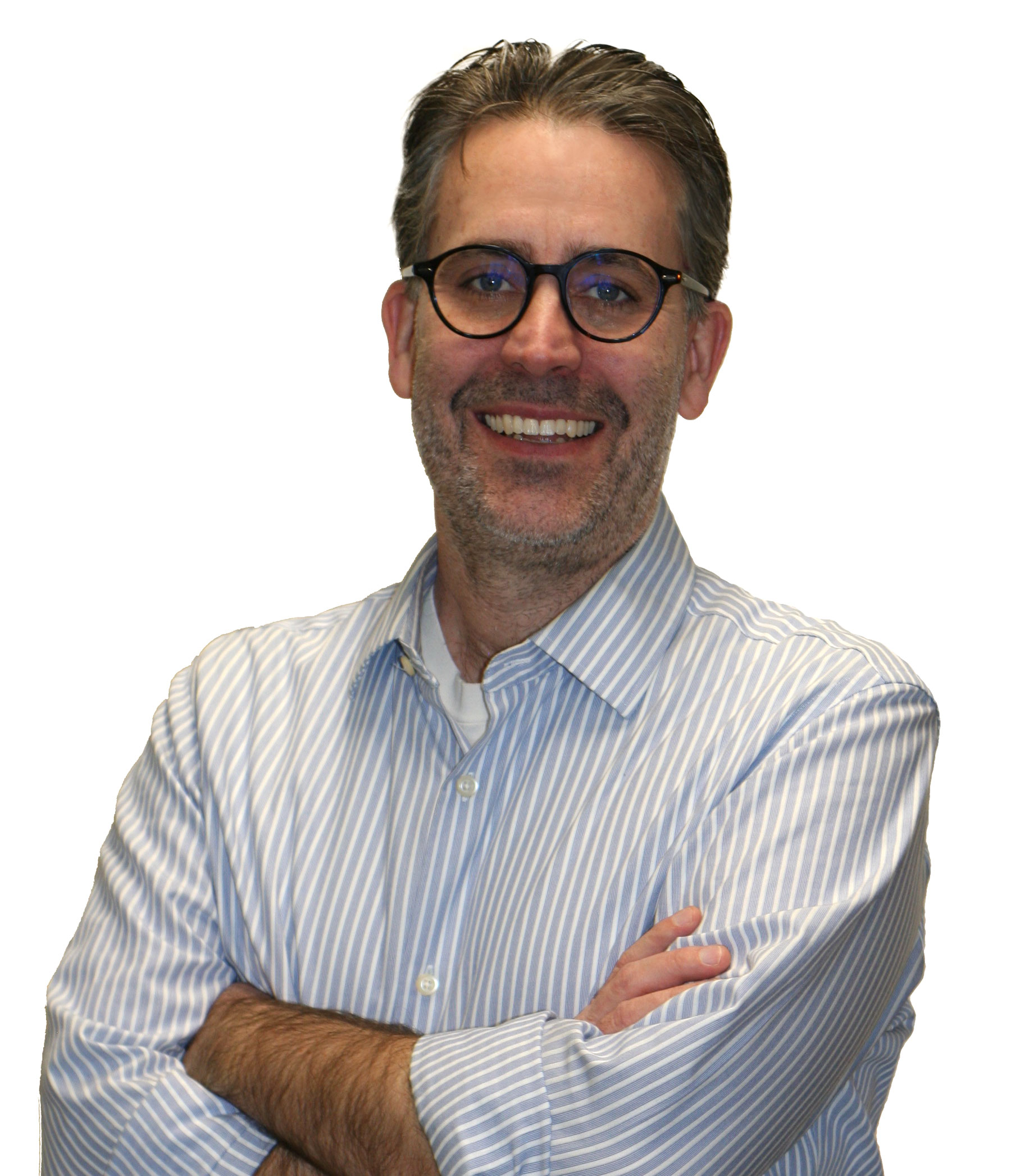Project Description
Home / Members / Graduate Students / Craig Fox

RESEARCH AREAS:
Philosophy of Science Investigating Past Events
History and Philosophy of Science, especially Newton
Philosophy of Space and Time
CONTACT:
CRAIG FOX
Doctoral Student;
Department of Philosophy, Western University
Craig Fox has a B.S. in chemistry from the University of California, Los Angeles and an M.A. in Philosophy from Tufts University.
Craig’s research interests are focused on two areas in the history and philosophy of science. One focus is the problems of evidence faced by scientists engaged in reconstructing past events. He is developing an account of such research programs whereby scientists gain narrative-mediated access to the deep past. His other area of focus is on the process by which Sir Isaac Newton and his contemporaries came to discover and then formulate the conceptual foundations of mechanics.
Prior to graduate school, Craig taught chemistry and biology at a large urban high school in southern California. He dedicated himself to opening access for students from traditionally underrepresented backgrounds to advanced courses in science, especially at the Advanced Placement level. He is very proud to have received a Los Angeles County Most Inspirational Teacher Award.
Craig works on issues in the history and philosophy of science, especially the relations between scientific theories, data, and evidence. One focus is the problems of evidence faced by scientists engaged in reconstructing past events. That scientists construct narratives when investigating the past is well known. Nevertheless, little, if any, attention has been paid to the complex role played by scientific narratives. Craig is developing an account of narrative that focuses on their epistemic function. His preliminary findings are that narratives are not just stories that lay out various inferences licensed by theories. Rather, they sometimes play the role in reconstruction work that is played by theory in mature experimental sciences. The narrative is more than a catalog of evidence; it plays a constitutive role in turning data into evidence by licensing inferences from traces to sources and constrains the space of possible pathways, or sequence of sub-events, constituting the event. Event-reconstruction sciences gain narrative-mediated access to their unobservable subject matter. He is currently preparing a case study of the endeavor to reconstruct the emergence of a habitable Earth. The event, the emergence of a habitable Earth, began shortly after the collapse of the solar nebula, ~4.57 billion years ago, and continued until liquid water was present on the surface of the Earth, no later than 4.404 billion years ago. This event has necessarily been broken into many sub-events, perhaps the most significant of which was the culmination of Earth’s accretion that occurred in the giant impact between proto-Earth and a Mars-sized planetismal. The impactor was named after the mother of the goddess of the moon, Theia, for the impact was so energetic that much of the ejecta was sustained in orbit around the Earth, subsequently accreting to form the moon.
Craig’s other main interest is in the conceptual foundations of Newton’s Principia. This is a new area of interest for him. He is currently co-authoring a paper laying out the sequence of conceptual innovations made by Newton during the period leading up to the completion of the Principia, roughly from the fall of 1684 to spring, 1687. This work has also led to interest in the philosophy of space and time and, in particular, the logical empiricist’s (mis)understanding of Newton’s metaphysical commitments in the Principia. Craig has a forthcoming paper entitled “Newton was a better empiricist than Reichenbach.”
Publications:
Fox, Craig W. “The Newtonian Equivalence Principle: How the relativity of acceleration led Newton to the equivalence of inertial and gravitational mass.” Philosophy of Science 83.5 (2016): 1027-1038.
Invited Talks:
“In Pursuit of Foundations: Tracing Newton’s Conceptual Development” at the Newtonian Relativity symposium, Patrick Suppes Center for the History and Philosophy of Science, Stanford University, June 2013.
Western University
Fall 2012 – Spring 2013, Introduction to Philosophy (TA)
Tufts University
Spring 2012, Logic (TA)
Fall 2011, Logic (TA)
Spring 2011, Logic, Tufts University (TA)
